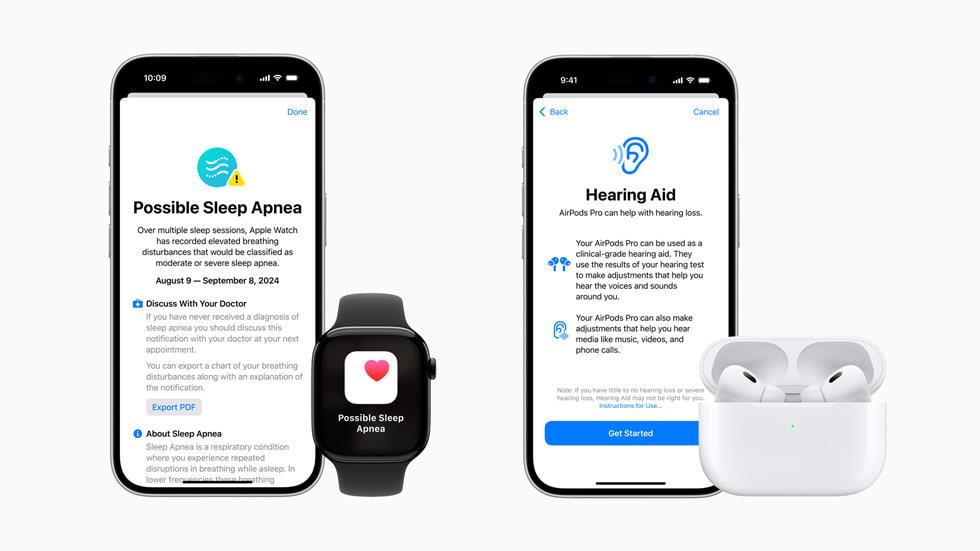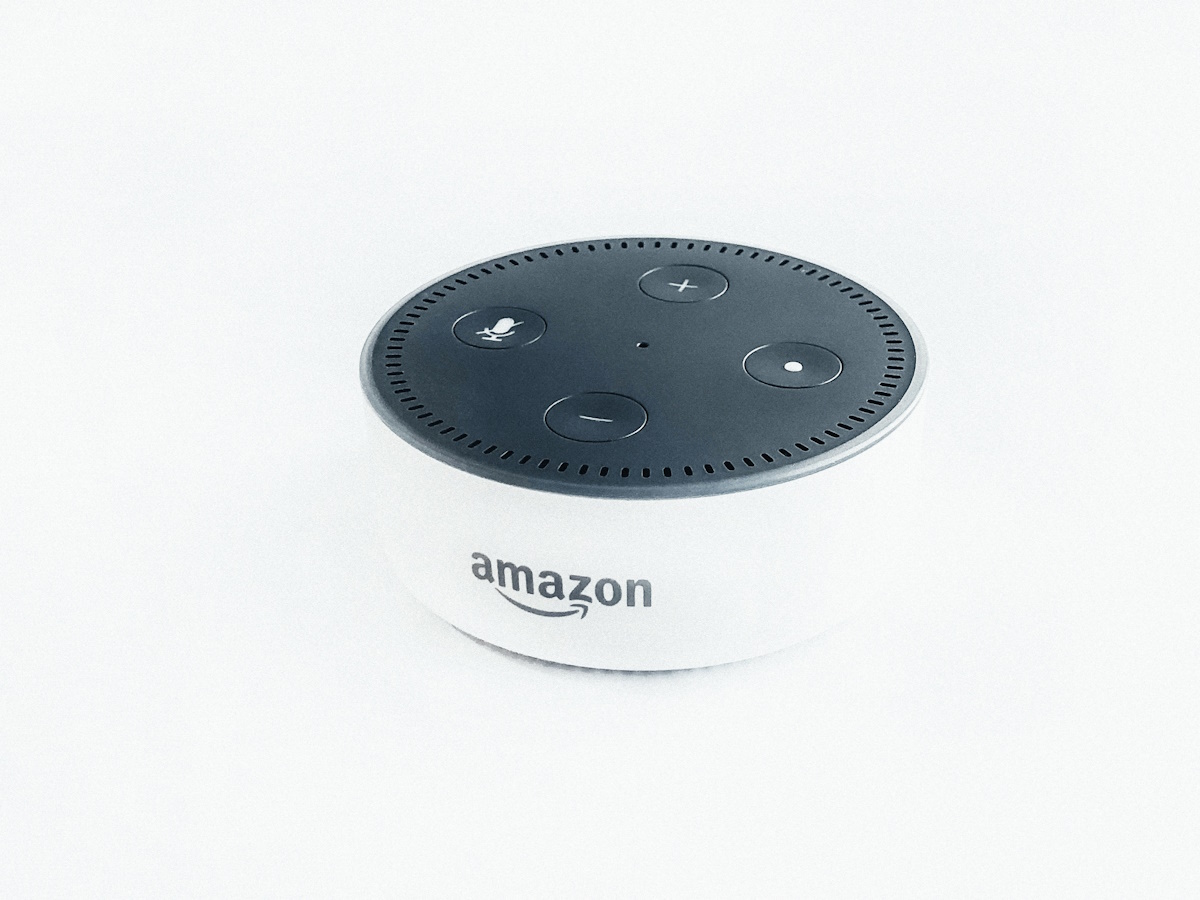Olive AI is shutting down some of its operations

Olive AI, once a beacon of success in the digital health sector, is shutting down, marking a significant pivot from its heyday during the COVID-19 pandemic. In the years 2020 and 2021, Olive experienced a rapid ascent, largely driven by the surge in digital health investments and the increasing demand for automation.
In a notable achievement, Olive secured $225 million in December 2020, bringing its valuation to $1.5 billion. This trajectory continued when, merely seven months later, the company garnered an impressive $400 million, elevating its worth to a staggering $4 billion. From March 2020 onward, Olive AI amassed a total of $832 million in investments, with significant contributions from renowned investors such as General Catalyst, Ascension Ventures, Oak HC/FT, and SVB Capital.
By 2021, Olive's enterprise AI was operational in over 900 hospitals across more than 40 U.S. states. This included its presence in over 20 of the top 100 U.S. health systems. However, the tides began to turn for Olive AI. A decline in its business operations became evident over the past year.
The company, based in Columbus, Ohio, recently made the decision to divest its remaining assets. Olive's clearinghouse and patient access business units were acquired by Waystar, while its prior authorization unit found a new home with Humata Health
Why Olive AI is shutting down some products?
Olive mentioned on its website:
"These products represent the heart of Olive’s business and we believe this decision will provide important stability and a bright future for these customers. With the sale of our core business units, Olive will wind down the remainder of its business."
Olive's inception in 2017 was spearheaded by Lane and his team, aiming to address the numerous high-frequency, manual tasks that healthcare professionals grapple with daily. Their goal was to execute these tasks more swiftly and accurately. Olive's endeavors, such as streamlining prior authorization, were further enhanced by acquiring the AI software provider, Verata Health.
Beginning in 2020, Olive AI witnessed substantial growth, successfully raising a cumulative amount of $902 million. In a strategic move the following year, Olive ventured into the surgical arena by acquiring Empiric Health. This firm, renowned for its AI-driven clinical analytics, concentrates on pinpointing unjustified clinical discrepancies, especially in surgeries. This acquisition enhanced Olive's prowess in surgical clinical analysis and supply chain management.
However, challenges arose in July 2022. Amid a bleak economic climate, Olive had to make the painful decision of letting go of 450 of its employees. CEO Sean Lane attributed this to not only the harsh economic environment but also certain "missteps" in the company's trajectory.
Lane further elaborated on the company's struggles in a message to the staff, posted on Olive's website about 15 months prior. He highlighted that Olive, much like many of its contemporaries, faced numerous challenges. These included industry shifts, changing client demands, and tough market scenarios.
"Our fast-paced growth and lack of focus strained our product and engineering resources and prevented us from executing quickly on key initiatives. I take responsibility for this," he stated.
In a series of strategic divestitures, Olive AI initiated the sale of notable business segments. Axios highlighted Olive AI's intent to transfer a considerable part of its products and services to its affiliate, Rotera. This decision led to another wave of layoffs in February, affecting 215 employees.
By April, Availity, a health tech solution firm, had acquired Olive's AI-enhanced utilization management solution for payers. This tool was designed to streamline prior authorization approvals.
Olive AI's shutdown mirrors the fate of several other health tech unicorns this year. Babylon Health, a prominent digital primary care provider, liquidated most of its assets to U.S.-based eMed Healthcare amidst a bankruptcy process. Moreover, Pear Therapeutics, previously a celebrated digital therapeutics startup, fragmented its assets for sales. Fierce Medtech disclosed that these assets were auctioned off for slightly above $6 million.
Advertisement

















